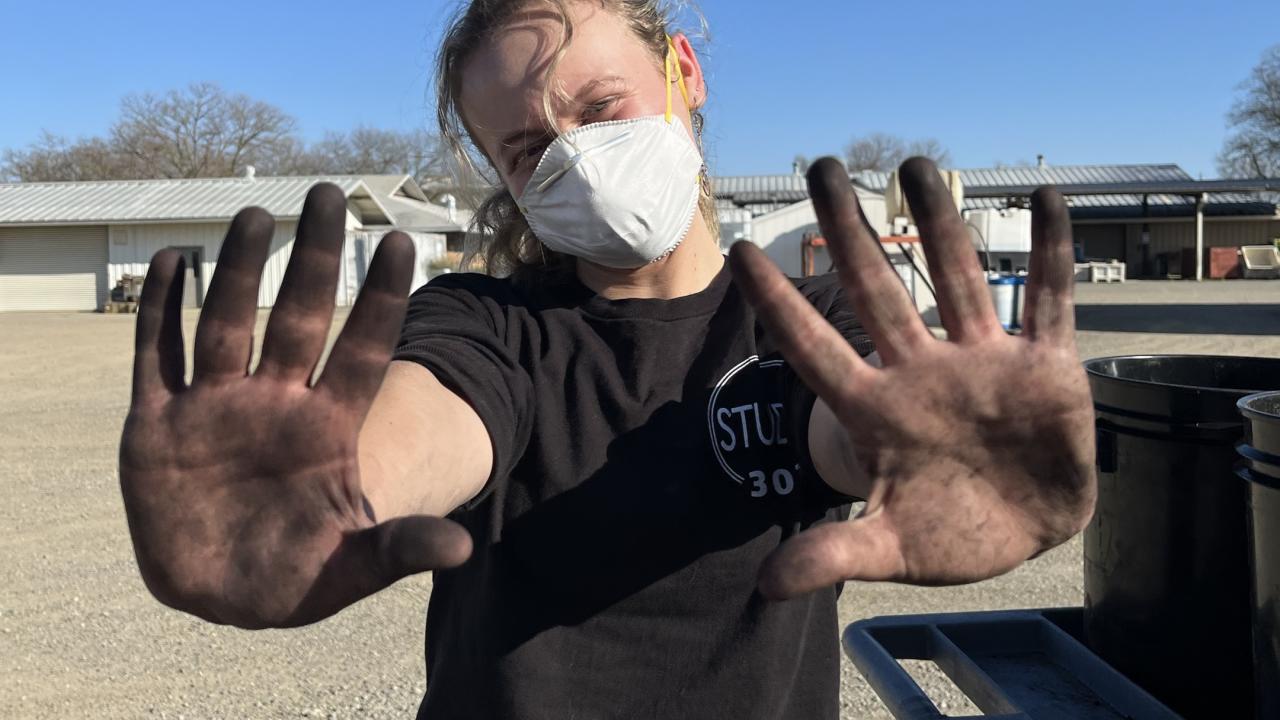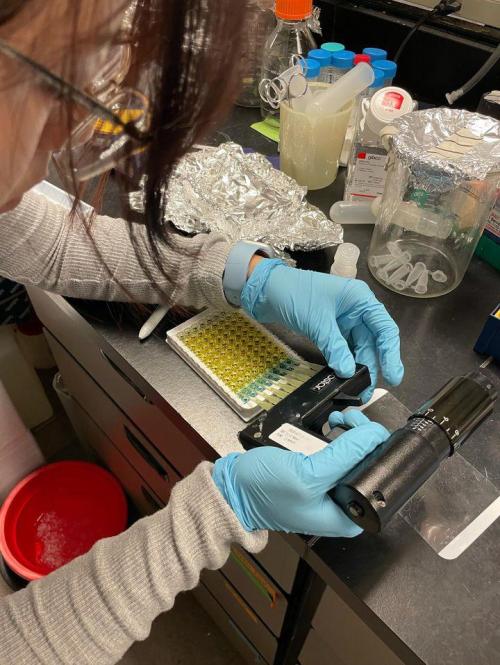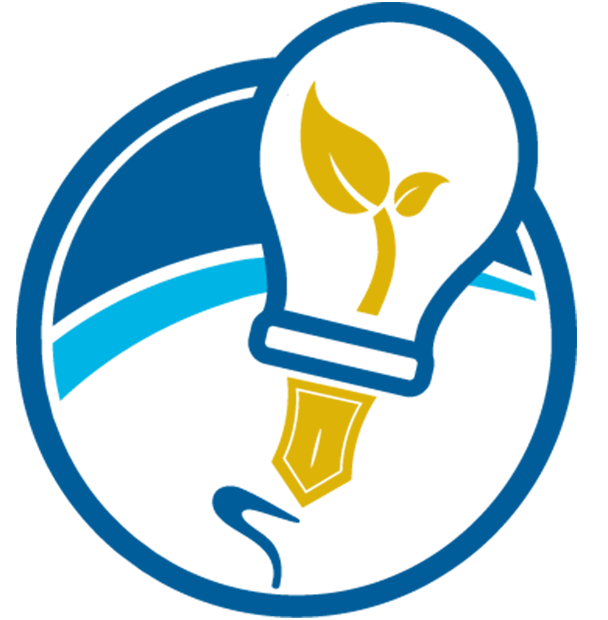
Research conference shares innovative undergraduate-led projects
Over 1,000 student researchers presented projects on topics ranging from accelerating jalapeno growth to studying links between Alzheimer's disease and Type 2 diabetes at the Undergraduate Research, Scholarship and Creative Activities Conference on April 25 and 26.
Undergraduate researchers recognized with awards
Several research-related awards honor UC Davis undergraduate students. The Undergraduate Research Center manages three awards:
Chancellor’s Award for Excellence in Undergraduate Research
Dean Keith Simonton Prize for Creativity in Undergraduate Research
Hanson Family Undergraduate Research Publication Award.
The UC Davis Library awards the Lang Prize to undergraduate students for information research.
"Each student's research journey is colored by what they bring to the table. At UC Davis, we ensure students from all disciplines know that includes them,” said Raynell Hamilton-Starks, Undergraduate Research Center director. “Students who participate in research often find their efforts, whether in the lab, out in the field or in the library, open new doors to future educational and career options.”
Doing more with less (water)
Anya Nygaard, one of the more than 1,000 student researchers, developed an interest in growing vegetables with less water, due in part to growing up in California amidst droughts. Her study focused on increasing nutrients in jalapenos grown in a hydroponic system by introducing kelp-based bio stimulants. As a third-year student studying environmental science and management, she said she hoped to gain skills that would set her apart in her future career.
"I participated in the research conference because I wanted experience communicating academic research to audiences with varying degrees of knowledge in science," Nygaard said. "Throughout this process, I realized some of my strengths and weaknesses, from which I can now reflect upon and grow."
Learning from animal models
Third-year student Julia Lee researched the relationship between Alzheimer's disease and Type 2 diabetes. Lee studies neurobiology, physiology and behavior and plans to pursue a degree in medicine. She studied the earlier onset and faster progression of Type 2 diabetes in rats, comparing those with and without Alzheimer's disease.

"Through this journey, I developed a love for the process of scientific inquiry! Overall, this experience helped reorient my priorities and consider other paths I could take towards my goals," Lee said. "Although my main aspiration is entering the medical field, the Undergraduate Research Center and the conference helped me discover a passion for research."
Research begins in the library
Many student researchers start their projects at the UC Davis Library. According to University Librarian William Garrity, library staff often teach undergraduates how to use the library for their research. Digital assets now comprise many of the materials previously only available in print form. That transition requires users apply new methods to access materials.
Garrity said the library supports both students, and the annual research conference, in many ways.
"The library supports students at every stage of their journey. Our librarians work with students to help them learn how to do research, from refining a research question to efficiently finding the information they need through the library's catalog, from using research guides and databases to using AI with insight and care," he said. "Undergraduates enjoy the same access to the same research tools as our faculty — scientific journals, tens of millions of books from across the UC system, archival materials and primary sources — and our role is to guide students as they navigate those vast resources."
Undergraduate Research, Scholarship and Creative Activities Conference turned 36
Every year, undergraduate students from the four colleges participate in the conference. The presentations this 36th year went beyond standard academic poster sessions featuring only students in science or engineering fields. The 2025 UC Davis conference included oral presentations, arts exhibits, digital presentations and performing arts sessions, as well as several student presenters outside those fields traditionally associated with scientific research.
Hamilton-Starks said academic research is not limited to the sciences.
"Several arts, design and theatre majors participate each year, and their research projects are just as rigorously carried out as the hard science-focused projects," she said.
Results not always as expected
While her hydroponic jalapeno-growing project didn't yield the improvements she anticipated, Nygaard said she values what she learned along the way through experimental design, research presentation and then reporting and defending her work.
Lee's results were more in line with her initial hypothesis. Based on the data collected, she observed how rats with Alzheimer's disease displayed earlier onset and faster progression of Type 2 diabetes compared to those without Alzheimer's disease, thus correlating the two factors.
"I was positively agog about the diversity of topics and depth of insight represented in their work,” Garrity said. “Whether they go on to careers as data scientists or doctors, lawyers or landscape architects, or the myriad other paths open to them, what these students learned at UC Davis about how to find and evaluate information is foundational to their future success.”
The Undergraduate Research Center, a unit within the Office of Undergraduate Education, encourages and facilitates research opportunities for UC Davis undergraduates in all majors and class levels. The center promotes and supports multiple undergraduate student research efforts throughout the year, with the annual research conference serving as a platform and presentation opportunity for undergraduate researchers. UC Davis faculty provide support throughout the year, serving as mentors and advisors for students in their research journey.
